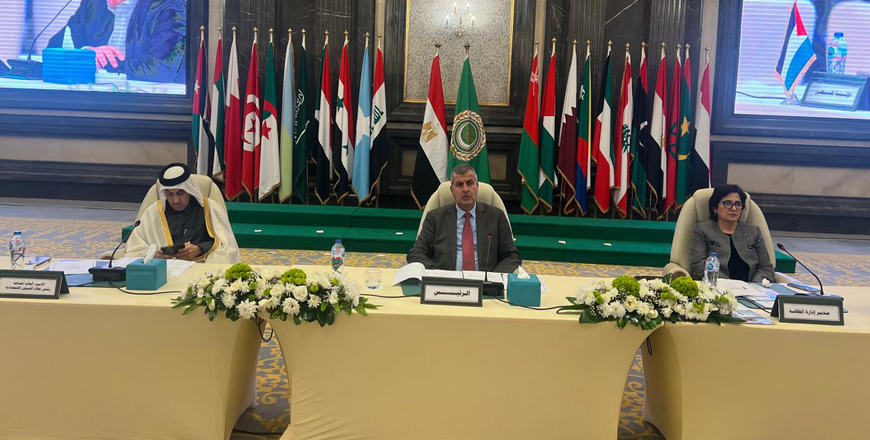AMMAN — Jordan on Monday assumed the presidency of the 15th session of the Arab Ministerial Council on Electricity, marking a pivotal moment for regional energy collaboration.
The handover occurred on Monday during a ceremony organised by the Arab League in Egypt, according to a statement for The Jordan Times.
Addressing the gathering, Minister of Energy and Mineral Resources Saleh Kharabsheh stressed the urgency of adapting to global shifts in electricity production and consumption, highlighting the need to move from traditional power grids to smart grids, expand regional and international interconnections, and prioritise renewable energy over fossil fuels.
Kharabsheh urged Arab countries to use their natural resources to position the region as a key player in the global energy transition, stressing the importance of completing ongoing interconnection projects, increasing electricity trade among Arab countries and moving towards a joint Arab electricity market linked to global networks.
He highlighted the Kingdom's ongoing efforts to enhance energy interconnectivity with neighbouring countries, mainly increasing energy exchange capacity with Egypt, developing new interconnection points with Iraq and Palestine, and advancing joint projects with Saudi Arabia.
Focusing on Jordan's rapid adoption of renewable energy, the minister noted that over the past decade, the share of renewable energy in the Kingdom's electricity mix has increased from less than 1 per cent in 2014 to 27 per cent in 2024.
By 2030, Jordan aims to exceed a share of 30 per cent through investments in advanced energy storage technologies, including a 450-megawatt, seven-hour pumped storage hydroelectric project.
The minister also outlined ongoing efforts to modernise Jordan's electricity grid by incorporating smart systems and improving infrastructure to support the transition to electric transport.
Kharabsheh highlighted Jordan's commitment to becoming a regional hub for green hydrogen, noting that the ministry has developed a comprehensive national strategy to guide the implementation of green hydrogen projects and attract international investment.
Jordan has signed 14 memoranda of understanding and a framework agreement with global and local companies to explore investment opportunities, he noted, adding that the government is working with an international consultancy to establish a sustainable infrastructure model that benefits all stakeholders.
The Arab Ministerial Council for Electricity's agenda features several pressing issues, including encouraging local manufacturing of electrical equipment in Arab countries, exploring new methods of power generation, using nuclear power for seawater desalination, promoting green hydrogen initiatives and improving energy efficiency across the region.
